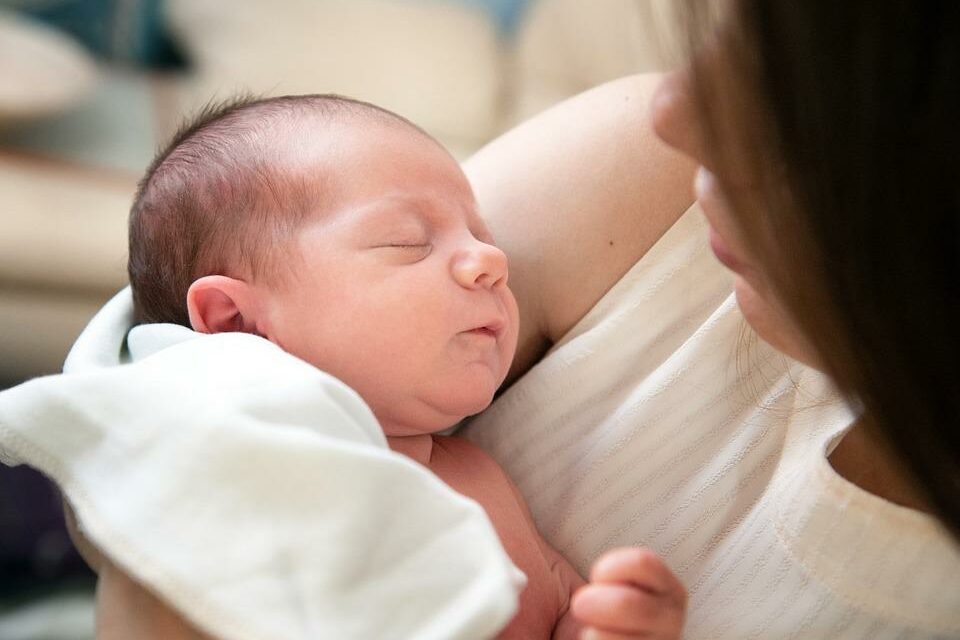The interest rate on the baby bond is already above eight percent, which means an attractive savings opportunity for new parents. And in January, the state support after payments doubled. Among the risk-averse residential investments, the baby bond can only be an even more promising solution later with the expected further increase in inflation.
A far-sighted parent, if his possibilities allow, tries to take care of his child's future from the very first moment. How can you financially establish the destiny of the little newcomer in the most effective way? There are probably as many answers to this question as there are families. Parents and grandparents often think in terms of risk-averse investments, in cash, bank deposits, or even government securities. However, one solution surpasses some of the risk-free investment returns: the baby bond.
A product that benefits from inflation.
Since the baby bond is also a government bond, it is also subject to interest tax exemptions and the possibility of tax-free investment. The interest rate of the scheme is outstanding, as it pays 3 percentage points more than inflation, i.e. 8.1 percent per year, which is increasing today and in the next period - with the almost certain increase in the average rate of monetary deterioration. (The interest base of the baby bond is the same as the annual average inflation percentage rate published by the Central Statistical Office for the calendar year preceding the year in which the interest is determined.)
In addition, the state encourages contributions by 10 percent, but not more than HUF 12,000 per year, so the savings intended for our child can be increased up to HUF 120,000 per year, i.e. HUF 10,000 per month. Of course, it is possible to pay a larger amount regularly, but the level of state support will no longer increase above HUF 120,000 a year.
If we take into account that the state support after payment is up to 120,000 forints per year, i.e. 10,000 forints per month, then - up to the savings amount - at the moment, we will definitely not find a better risk-free investment for our newborn child - he stated to the inquiry of the Hungarian Nation by comparing the financial structures founder and savings expert of BiztosDöntés.hu. Péter Gergely listed: the interest tax exemption, the state support after payment, the outstanding additional 3 percent interest above the rate of inflation, the complete tax and contribution exemption when withdrawing the money, and finally, the investment's transaction tax exemption compared to all other risk-free investments issue a baby bond to the finisher.
This means that after the Hungarian State Treasury (MÁK) is informed of the child's birth, the state deposits a one-time start-of-life allowance, currently HUF 42,500, into a deposit account, the so-called Start account. In connection with this, parents or close relatives can pay additional regular or ad hoc savings for the child, they can also open a Start securities account. Savings increased with interest can be withdrawn by the child after reaching the age of 18.
Source: Hungarian Nation
Featured Image: Pixabay/Illustration












